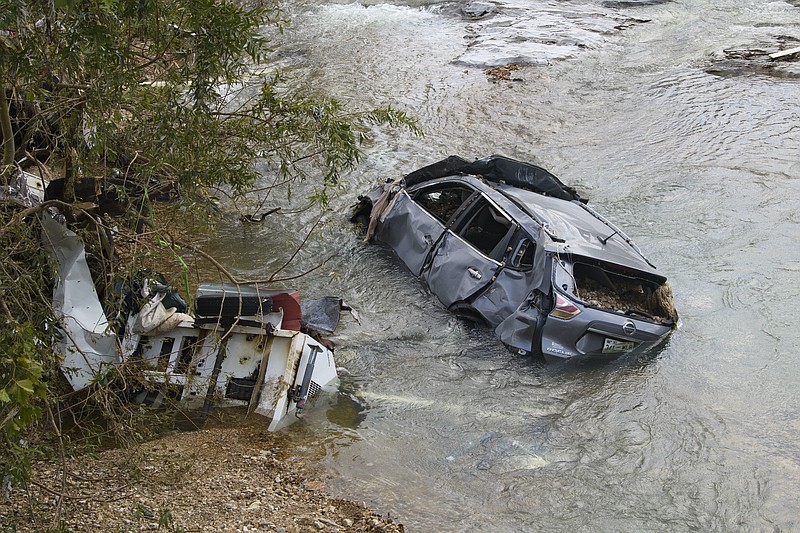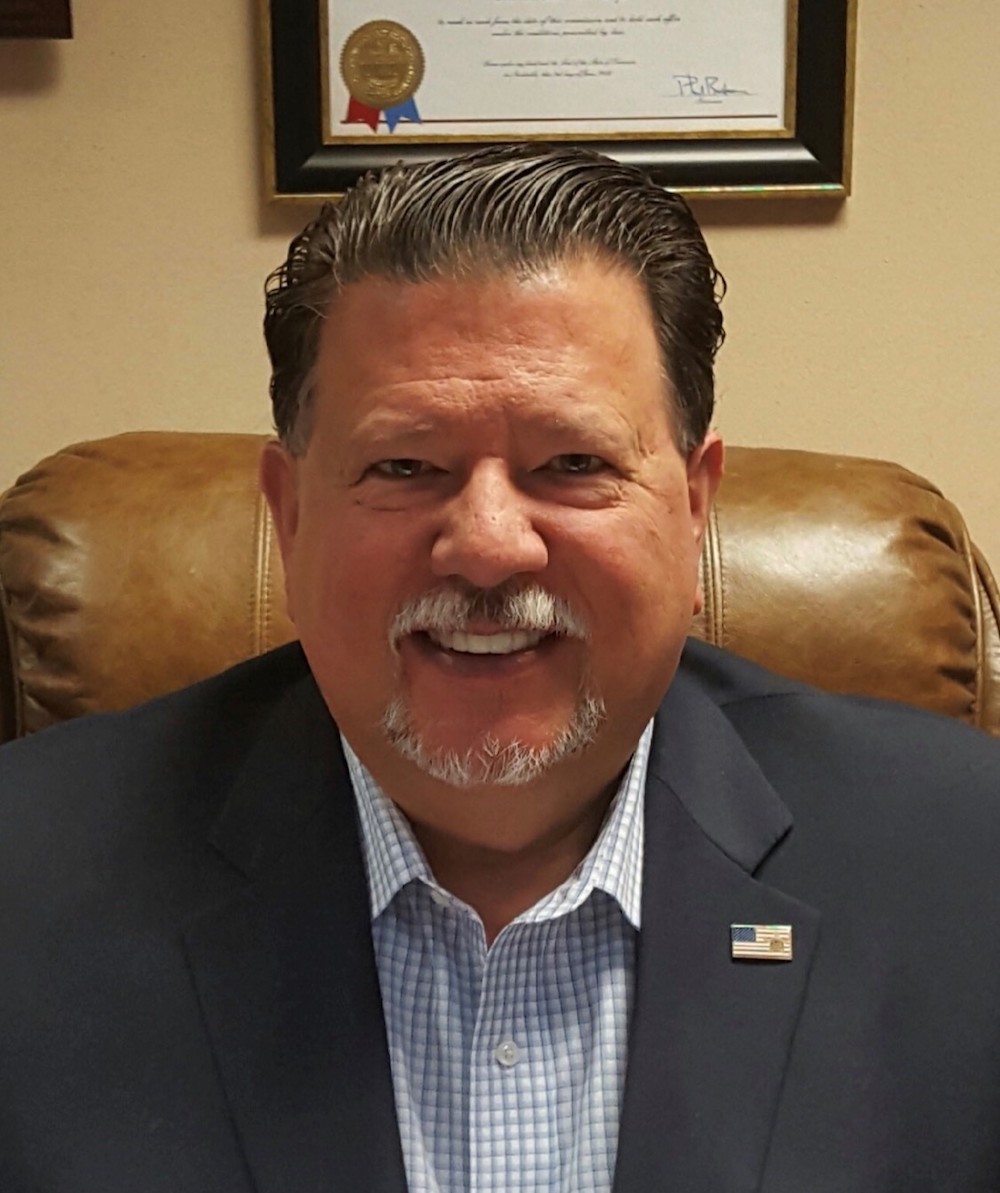The devastating floods that tore through Waverly and Humphreys County last month shook everyone who followed the coverage. This storm is what every local elected leader fears: a historic, once-in-a-lifetime event that changes the trajectory of the community.
As the former mayor of Dunlap and the president of the Tennessee Renewable Energy & Economic Development Council, a Chattanooga-based organization made up of a collection of rural and small-town county and city mayors, my heart goes out to Mayor Wallace B. Frazier, County Executive Jessie Wallace and the first responders guiding the recovery efforts.
Tennessee is failing its rural communities when it comes to disaster and flood preparedness. Since 2000, Tennessee has seen a flood on average about every three days, based on an analysis of Tennessee Emergency Management Agency's tracking of flood events taken from the NOAA Storm Events Database.
That is why TREEDC, which advocates for renewable energy and energy efficiency projects across Tennessee as a tool for economic development, is partnering with mayors from across the state to form the new Flood Ready Tennessee coalition.
This new focus group of elected officials, emergency managers, city engineers, homeowners, business owners and concerned citizens is calling on the state to do more to support communities in flood resilience and preparedness. Our most vulnerable Tennesseans are sitting ducks waiting for the next flood to sweep away their town. We need to act now.
The recent floods in Tennessee expose the extreme cost of failing to prepare. Neither Humphreys nor Houston counties participates in the National Flood Insurance Program, leaving a significant number of properties destroyed by the floods uninsured and leaving the government unable to properly fund recovery efforts.
These counties are not alone. Eight other Tennessee communities do not participate in the flood insurance program, and nine counties lack TEMA-approved hazard mitigation plans. It is no coincidence that six of the nine counties without an approved plan are either economically distressed or at-risk.
Many vulnerable communities simply do not have the resources or state guidance needed to hire the staff to enforce building codes, map floodplains and administer the reporting requirements. Houston County Mayor James Bridges explained this in an interview with The New York Times. Local communities cannot map flood plains, develop mitigation plans, apply for funding and implement projects alone. The technical expertise, cost of mitigation and project management time are too much for most cities and counties to handle.
Further, flooding is a regional problem that crosses jurisdictional boundaries. Coordination among communities and between local and state government is required if mitigation projects are going to make a significant impact.
Other states have found solutions to help protect communities against flooding. Gov. Ron DeSantis of Florida is overseeing a coordinated, statewide flood mitigation program to ensure local communities are flood-prepared. Gov. Greg Abbott of Texas has announced a $4 billion comprehensive resiliency and disaster mitigation program. And in South Carolina, a newly chartered Office of Resilience will oversee state flood resilience planning and administer funds for communities to undertake flood mitigation projects.
It is time Tennessee takes the threat of flooding seriously and gets to work to prevent further destruction. Investments in resilience will yield up to a 12:1 return in our state. Investing in mitigation, rather than recovery, is common-sense, fiscally responsible, good governance.
Dwain Land is the former mayor of Dunlap, Tennessee, and the executive director of the Tennessee Renewable Energy & Economic Development Council.

